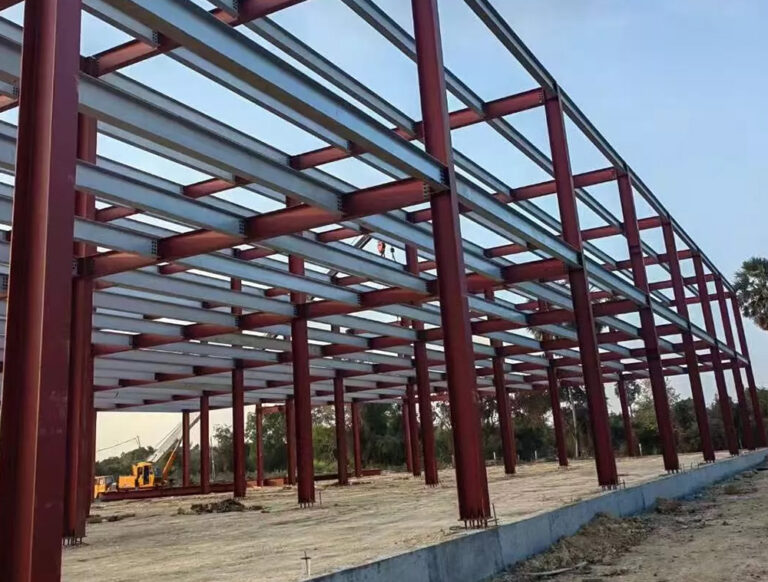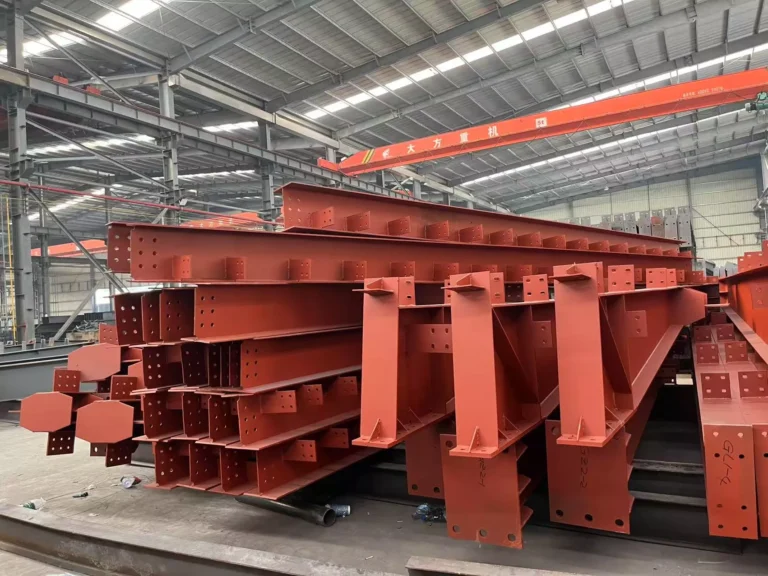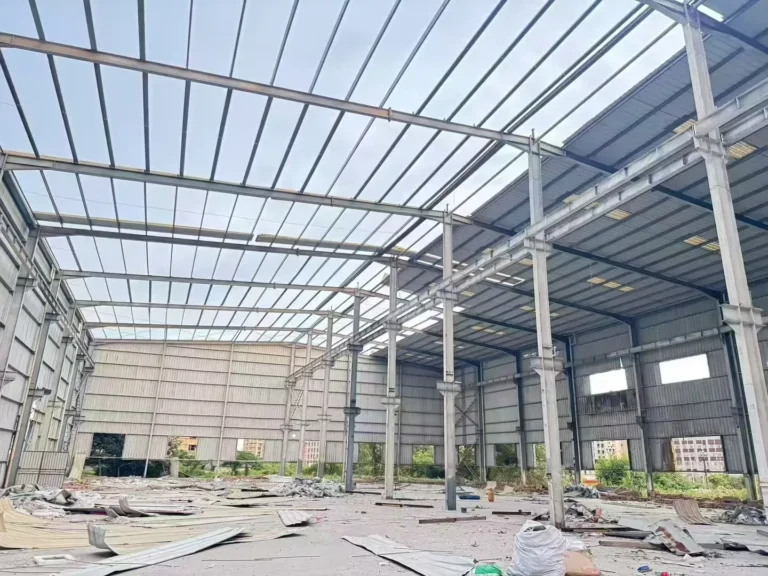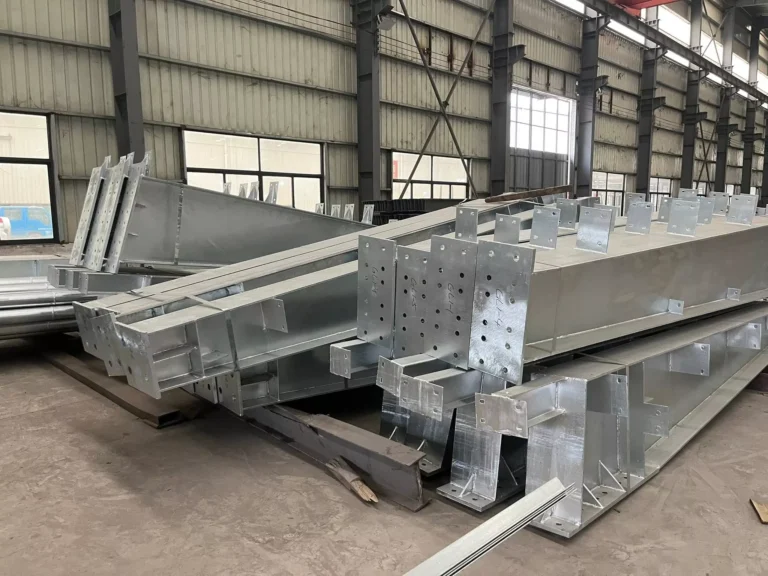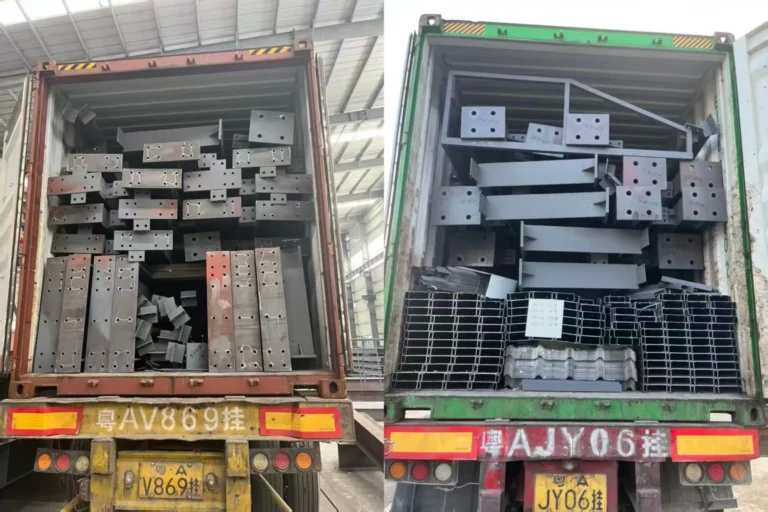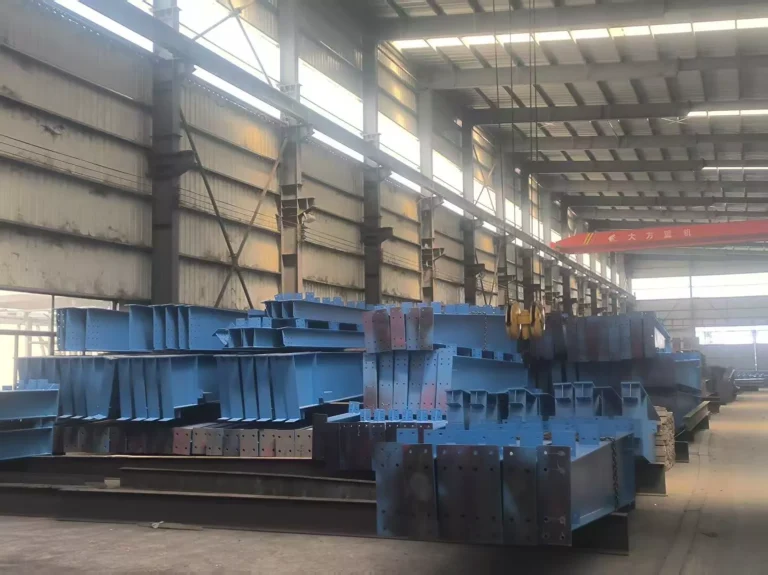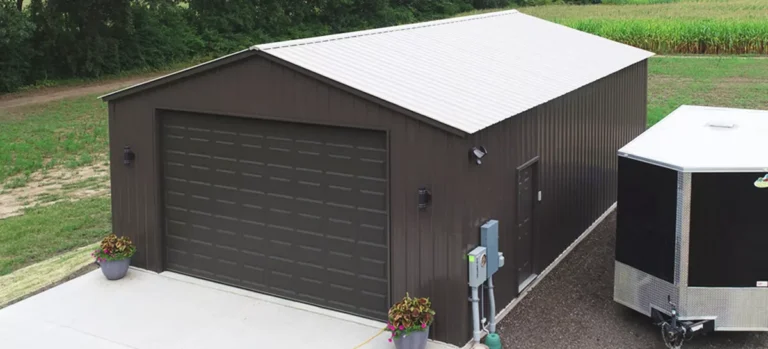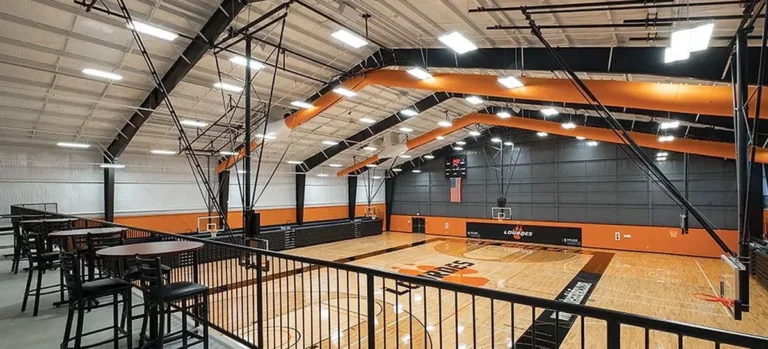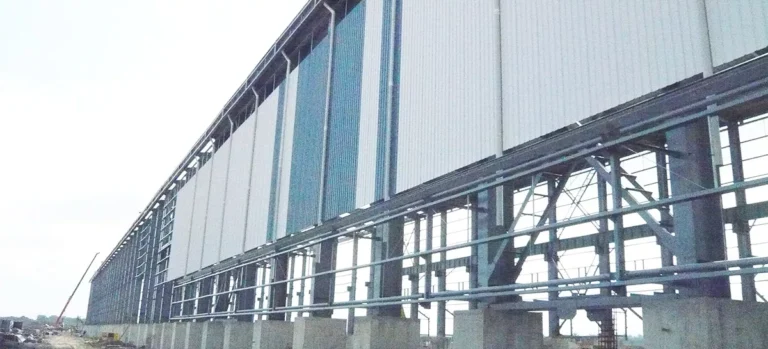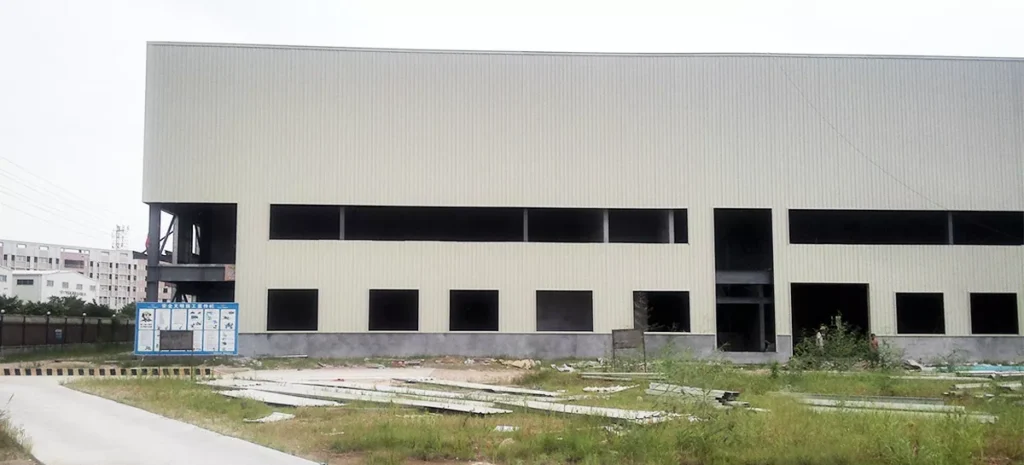
For any growing business, securing the right space is a critical decision, especially in industries like manufacturing. Whether you’re launching a new enterprise or expanding your operations, choosing between buying and renting a commercial building can have a lasting impact on your company’s financial health and operational efficiency. Ganyo Steel Structure, a leading provider of custom-built steel facilities, often receives inquiries from businesses weighing these two options.
This article provides an in-depth comparison of buying and renting a commercial building, exploring the advantages and potential challenges of each approach.
Buying a Commercial Building
Advantages
- Long-Term InvestmentOwning a commercial property can be a significant asset for your business. Over time, the building may appreciate in value, providing a return on investment. Additionally, by owning the property, you can have greater control over any modifications to accommodate your growing business without needing approval from a landlord.
- Fixed CostsWhen you own your property, mortgage payments remain relatively stable, allowing for easier long-term financial planning. Unlike rent, which may increase over time due to inflation or changes in market conditions, your costs are more predictable once you’ve secured a fixed-rate mortgage.
- Tax BenefitsOwnership of commercial real estate comes with several tax advantages. Property owners can deduct mortgage interest, property taxes, and depreciation from their taxable income. These deductions can help offset the cost of ownership.
- No Landlord LimitationsOwning your building means you have full autonomy. There are no lease terms or property restrictions set by a landlord. This allows you to customize the building’s layout, infrastructure, and design to meet the specific needs of your business.
Challenges
- Large Upfront CostsBuying a commercial property requires a significant initial investment. Not only do you need a down payment, but there are also costs for property inspections, legal fees, and maintenance. For some businesses, this capital outlay may limit cash flow in other areas.
- Responsibility for MaintenanceWhen you own the property, you are responsible for all repairs, maintenance, and upgrades. This can be costly, especially if your building requires major renovations or upkeep over time.
- Limited FlexibilityOwning a property ties you to a specific location. If your business needs change, such as requiring a larger space or a move to a more advantageous location, selling a property can be a lengthy process.
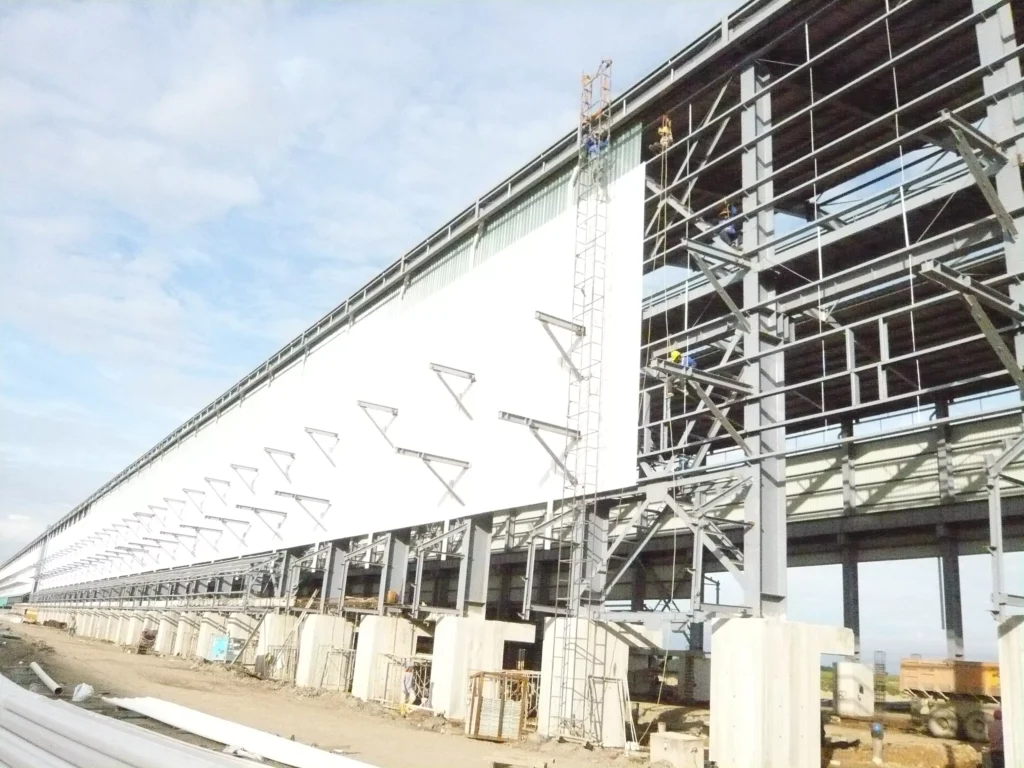
Renting a Commercial Building
Advantages
- Lower Initial InvestmentRenting a commercial building typically requires less upfront capital than buying. You’ll likely need to cover a security deposit and perhaps some renovations, but you avoid the large down payment needed to purchase property.
- FlexibilityRenting offers greater flexibility for businesses that may outgrow a space or need to relocate. Lease terms allow you to move without the hassle of selling a building, making it ideal for companies uncertain about their long-term space needs.
- No Maintenance ResponsibilitiesMost rental agreements place the responsibility for building maintenance on the landlord. This can significantly reduce your operating expenses, as you won’t need to worry about repairs or property upgrades.
- Access to Prime LocationsIn many cases, renting allows businesses to access premium locations that would be cost-prohibitive to buy. This is particularly relevant for companies that benefit from being in high-demand areas, such as retail districts or city centers.
Challenges
- Rising CostsLease agreements often include provisions for rent increases over time. While the terms may seem favorable initially, over time, rent hikes could significantly impact your operational costs.
- Lack of ControlWhen you rent, you’re subject to the terms of the lease. Landlords may restrict how you can use or modify the space, which can limit your ability to adapt the building to your company’s specific needs. Additionally, lease agreements are temporary, and there’s always a risk that the landlord may choose not to renew, leaving you without a space at the end of your lease term.
- No EquityUnlike purchasing a property, renting does not allow you to build equity. Once your lease is up, you walk away without any ownership stake in the property, which can be a drawback if you’re looking for long-term financial benefits.

Key Considerations for Making the Right Choice
- Cash Flow and FinancingDo you have enough cash reserves to make a significant down payment on a building? If not, renting may be the better option. On the other hand, if you have access to affordable financing or can leverage your existing assets, buying may provide greater long-term value.
- Business Growth and FlexibilityHow stable and predictable are your business operations? If you anticipate rapid growth or foresee the need to frequently adapt to changing market conditions, renting provides more flexibility. However, if you have a well-established business with steady demand, buying could be a solid investment.
- Location NeedsCertain locations may only be accessible through leasing due to high property values. If being in a prime location is crucial for your business, renting may be the more viable option. However, if location flexibility exists, purchasing a property could offer better financial returns.
Conclusion
The decision to buy or rent a commercial building depends on a variety of factors, including your financial situation, long-term business goals, and the level of flexibility you need. Both options have their own advantages and drawbacks. Ultimately, understanding the specific needs of your business will guide you toward the best decision.
At Ganyo Steel Structure, we provide businesses with high-quality, custom-built steel buildings that can meet the unique requirements of any operation, whether you decide to rent or buy. If you’re considering a new space for your business, feel free to reach out to us for advice on building options.
For inquiries, contact us at lizzy@ganyosteelbuilding.com.

